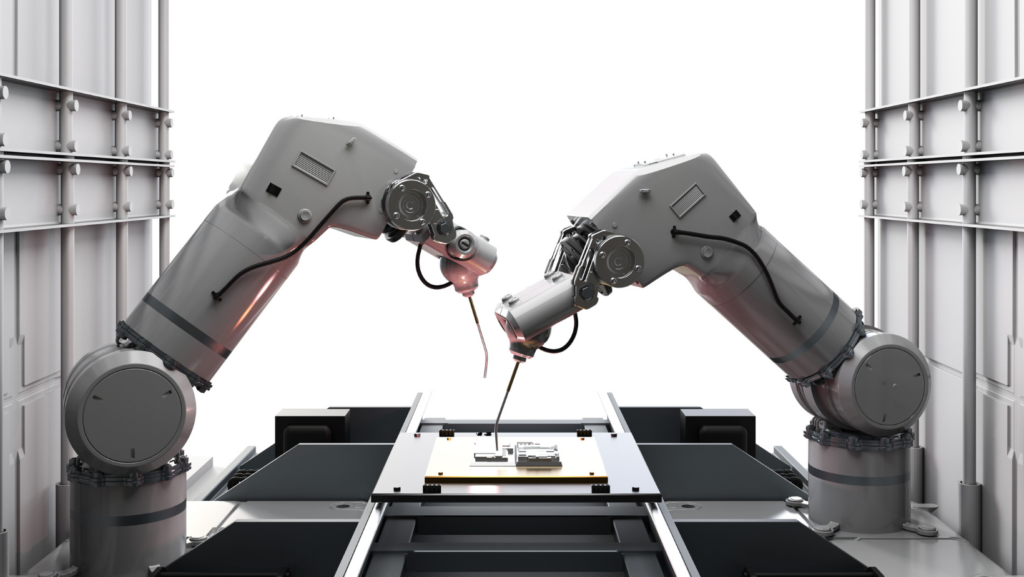In today’s fast-paced digital world, businesses constantly seek ways to enhance efficiency and reduce operational costs. Enter the IT automation engineer—a pivotal role in modern IT departments. These professionals are the architects behind the automation frameworks that streamline repetitive tasks, allowing companies to focus on innovation and growth.
As technology evolves, the demand for skilled IT automation engineers has skyrocketed. They design and implement automated systems that can handle everything from software deployment to network management. By doing so, they not only improve productivity but also minimize human error, ensuring smoother and more reliable IT operations.
With their unique blend of programming skills and system knowledge, IT automation engineers are shaping the future of technology. As industries increasingly rely on automation, these engineers are at the forefront, driving change and setting new standards in IT efficiency. Understanding their role is crucial for anyone looking to stay ahead in the tech landscape.
IT Automation Engineer

An IT automation engineer designs and manages systems to automate tasks within an organization. They develop scripts and tools that streamline routine processes, reducing manual effort and enhancing efficiency. These engineers possess expertise in programming languages like Python, scripting techniques, and automation tools such as Ansible or Jenkins. By implementing automated solutions, they optimize workflows and minimize errors.
IT automation engineer collaborates closely with IT teams and stakeholders. They ensure alignment between automated systems and business objectives, adapting solutions to emerging technology trends. Their role includes maintaining automated processes for reliability, efficiency, and security.
Key Responsibilities of an IT Automation Engineer
An IT automation engineer plays a crucial role in enhancing operational efficiency through automation. They design, implement, and manage systems that reduce manual effort and optimize processes.
Designing Automation Workflows

They create robust automation workflows to handle complex tasks. By evaluating business needs and identifying repetitive tasks, they design efficient processes that enhance productivity. They use a variety of automation tools and programming languages like Python to structure these workflows, ensuring they align with organizational goals.
They implement automation tools to streamline IT operations. By selecting the appropriate software, like Ansible or Jenkins, they integrate these solutions into existing infrastructures. They ensure seamless functionality and train teams on new systems, facilitating a smooth transition to automated processes.
Maintaining and Monitoring Systems
They maintain and monitor automated systems, ensuring optimal performance. They conduct regular assessments, address system glitches, and update tools as necessary. By providing this oversight, they ensure that systems continue to meet evolving business requirements efficiently.
Skills and Qualifications Required
IT automation engineers require a variety of skills to effectively design and manage automated systems. These professionals must possess technical expertise, problem-solving skills, and strong communication abilities to excel in their roles.
Technical Expertise
Technical expertise is crucial for IT automation engineers. They need proficiency in programming languages like Python and JavaScript, as these are fundamental for developing scripts and automation tools. Familiarity with automation platforms such as Ansible, Jenkins, and Puppet is essential, as these tools facilitate system automation and integration. Knowledge of cloud services—AWS, Azure, or Google Cloud—enhances their ability to implement and manage scalable automation solutions. Understanding security protocols and best practices is vital to ensure automated systems remain secure.
Problem-Solving Skills

Problem-solving skills enable IT automation engineers to devise efficient solutions for complex technical challenges. They should possess the ability to analyze workflows, identifying redundant processes and potential automation opportunities. Creativity in developing innovative solutions helps streamline operations, while critical thinking assists in troubleshooting issues and refining existing systems. Adaptability is necessary to adjust automation strategies based on evolving technology trends and business needs.
Communication and Collaboration
Communication and collaboration are key for IT automation engineers. Effective communication skills are necessary to convey technical concepts to non-technical stakeholders, ensuring alignment on automation goals. Collaboration with IT teams, developers, and management is important to integrate automated systems seamlessly into existing infrastructures. Building strong relationships with colleagues facilitates knowledge sharing and fosters teamwork in achieving automation objectives.
Tools and Technologies Used
IT automation engineers leverage a variety of tools and technologies to create efficient and reliable automated systems. These tools help in streamlining processes and integrating complex IT infrastructures.



